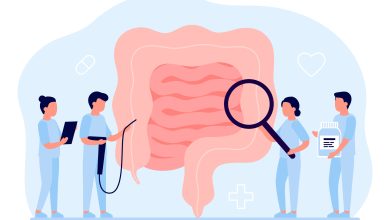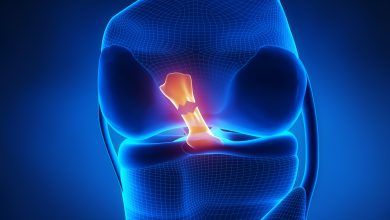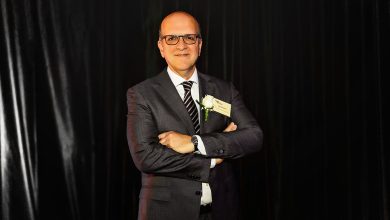Florida Tech Introduces a Minor in Nanoscience and Nanotechnology
MELBOURNE, FLA.—Florida Institute of Technology is developing an undergraduate minor in Nanoscience and Nanotechnology to begin in the summer of 2011. The project is funded over two years with $200,000 from the National Science Foundation’s Nanotechnology Undergraduate Education program in engineering. Work is led by faculty members Jim Brenner of the Department of Chemical Engineering; and Kurt Winkelmann and Joel Olson of the Department of Chemistry.
Nanotechnology is the science and engineering of features at a very small
scale—1 billionth of a meter—and is at the interface between biology, chemistry, physics, chemical engineering, materials science, electrical engineering, and mechanical-aerospace engineering.
“Our goal is to develop the first nanotech program in the world that
features multiple laboratory courses, because most learning in this field comes through the process of doing,” said Brenner.
The pilot test of a new Nanotech Lab II course was just completed.
It built on a successful lab course for freshmen and two lecture courses—Nanotechnology and Biomaterials & Tissue Engineering—at the junior, senior and graduate level.
Some of the content of the course is relevant in such applications as biomedical imaging, biodiagnostic screening devices, and upgrading of crude oil. Several experiments focused on the nanoelectronics industry and involved, for example, carbon nanotubes and nickel nanowires in the next, much faster generation of computers.
Using new microscopy methods, students tracked the nucleation and growth of ammonium hydrogen phosphate crystals that many youths have made for elementary school science fairs, the growth of zeolitic clay crystals, the behavior of proteins associated with Alzheimer’s disease, and bone destruction from excessive acid concentrations associated with gouty arthritis.
A new course to be offered in fall 2010 will transition students from becoming accustomed to these structural microscopic techniques to being experts capable of teaching other students. This class will include lectures, hands-on demonstrations and mentoring under a graduate student. Finally, a new mentor must pass a hands-on practical test in front of a professor and a graduate student.
When the new courses are completed, Brenner and Winkelmann will produce the first-ever complete nanotechnology lab manual and make it available via DVD through Nanoscience Instruments at
www.nanoscience.com, with portions available over the Internet.
For more information, contact Brenner at (321) 749-3437 or at jbrenner@fit.edu.




